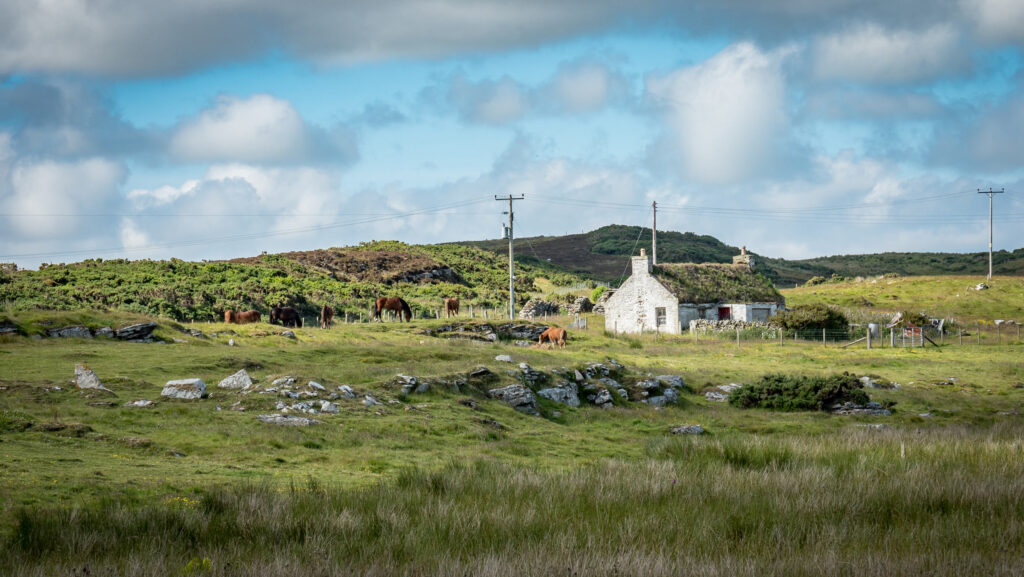Public’s views sought on crofting reform in Scotland
 © pxl.store/Adobe Stock
© pxl.store/Adobe Stock The Scottish government is seeking public views on reforms to the crofting system, with a series of meetings scheduled from 3 July to 15 August across various locations from Oban to Shetland.
The public consultation, open until September 2, aims to gather perspectives on numerous proposals intended to revamp crofting in Scotland.
See also: Scotland’s first minister pledges ongoing support for livestock farmers
Key areas include:
- Entry to crofting: Exploring ways to facilitate access for new entrants
- Crofting communities: Enhancing the vitality and sustainability of crofting communities
- Use of common grazings: Improving the management and use of shared grazing lands
- Strengthening residency and land use: Ensuring effective and sustainable land use while supporting resident crofters
- Enhanced crofting commission powers: Bolstering the regulatory authority of the Crofting Commission
- Simplifying crofting: Streamlining regulations and procedures for greater efficiency.
Jim Fairlie, the Scottish government’s minister for agriculture and connectivity, said crofting has a vital role in Scotland’s cultural heritage and the potential to contribute to modern agricultural practices, food production, tourism, renewable energy, forestry, peatland restoration, beekeeping, and horticulture.
The proposed reforms range from minor technical adjustments to major innovations, all aimed at ensuring the sustainability and adaptability of the crofting system in the face of contemporary climate and environmental challenges.
The minister encouraged all stakeholders to participate in the consultation process and attend the meetings where possible.
